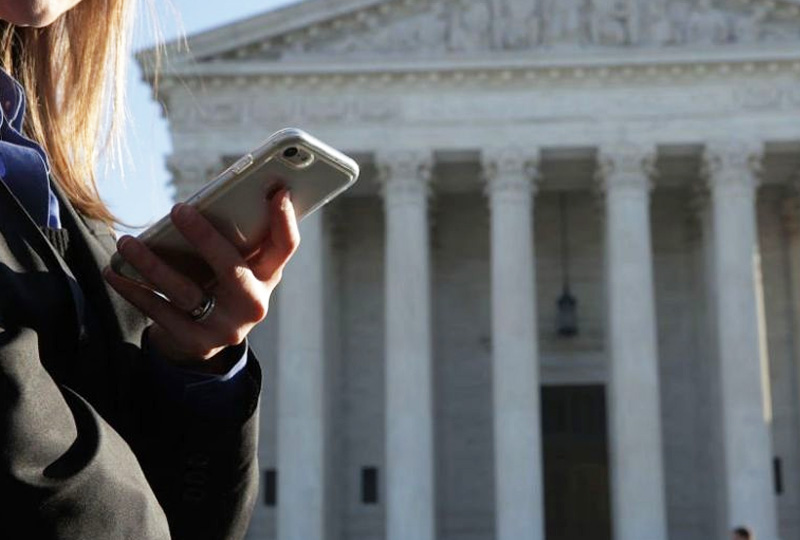* failure to identify the company as a debt collector
* referencing and threatening nonexistent legal action in Miami-Dade County
* offering a government assistance program that does not exist
* knowingly attempting to collect very old [alleged] debt past the statute of limitations
* misrepresenting the company as a consumer-friendly debt settlement company (when they are actually debt collectors)
* baseless threat of garnishment
* calling an unauthorized telephone number
Friends, there are many government programs out there to help those in need. If you can jump through the hoops and wade through the paperwork, you can receive financial assistance so that you don’t lose your home, so that you have food to eat, so that your children can receive basic health care, so that you can file bankruptcy for a fresh start, and more. But let me put it this way: Obama loves you, but not enough to pay your old credit card bills. TRUST ME–the government HAS NOT partnered up with ANY company or organization to track you down, call you up on the phone, and offer you–out of the blue–matching funding to pay for your years old credit card debt. Sorry, but this just does not happen.
So, what’s really happening? In this case, the company calling was a debt collection agency. Based on the details of the case, I believe that they purchased old debt (which often changes hands many times) for pennies on the dollar. The “tax relief program” they proposed to my client was for a much lower amount than the original debt amount they were telling my client he really still owed on the credit card. Well of course! If they bought that debt for pennies on the dollar, they have a lot of wiggle room to collect a lot less than the original debt amount, and still make a profit. As for the whole “ tax relief program” voicemail? Just the bait to get my client to call back. Because most of all, more than anything, debt collectors want you to call back and talk to them. Let’s be honest, what’s the most common response to collections calls? Hang up, or ignore.
When it comes to credit card debt, debt collectors, collection agencies and their lawyers, keep this general rule in mind: If it seems too good to be true, it’s probably a scam or a trick. Always be on your guard–take detailed notes, keep all correspondence, save your voicemail recordings, and contact a consumer lawyer to discuss the details of your situation.

